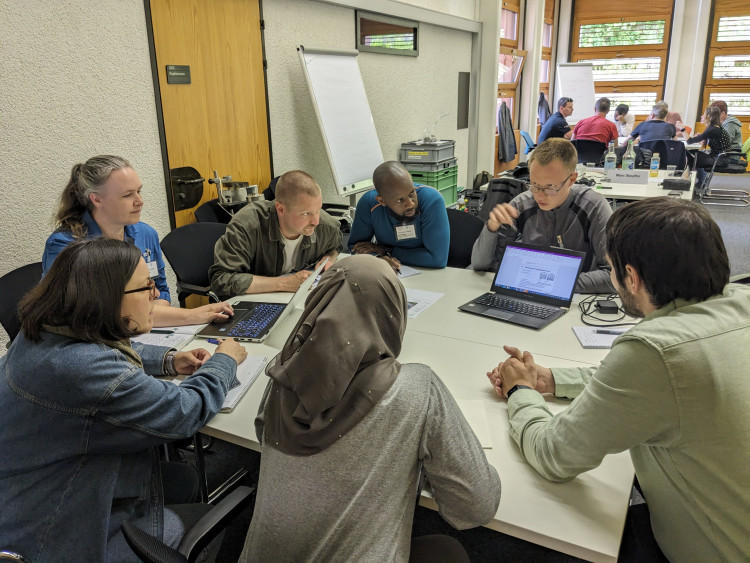Scientists from 25 countries have received IAEA training on environmental sampling analysis to help them mitigate the impacts of radioactivity in the environment.
The IAEA’s training workshop for the network of Analytical Laboratories for the Measurement of Environmental Radioactivity (ALMERA) focused on environmental sampling for radionuclide analyses. The event was hosted by the Spiez Laboratory in Schwarzenburg, Switzerland.
The workshop aimed to harmonize methodological practices among ALMERA laboratories and ensure consistent and reliable data across the network. Early to mid-career ALMERA network laboratory personnel were trained on environmental sampling for radionuclide analyses to implement systematic sampling approaches in their labs.
The IAEA assists countries in improving the quality assurance for measuring and monitoring radioactivity in the environment in accordance with ISO 17025, the international standard for the competence of testing and calibration laboratories.
“Sampling is the key to answering difficult questions and making robust decisions in any situation—existing, planned, or emergency,” said Marc Stauffer, Head of the Nuclear Chemistry Division at Spiez Laboratory. The ALMERA network provides reliable and timely analysis of environmental samples in the event of an accidental or intentional release of radioactivity. It has over 200 analytical laboratories in 90 countries.







